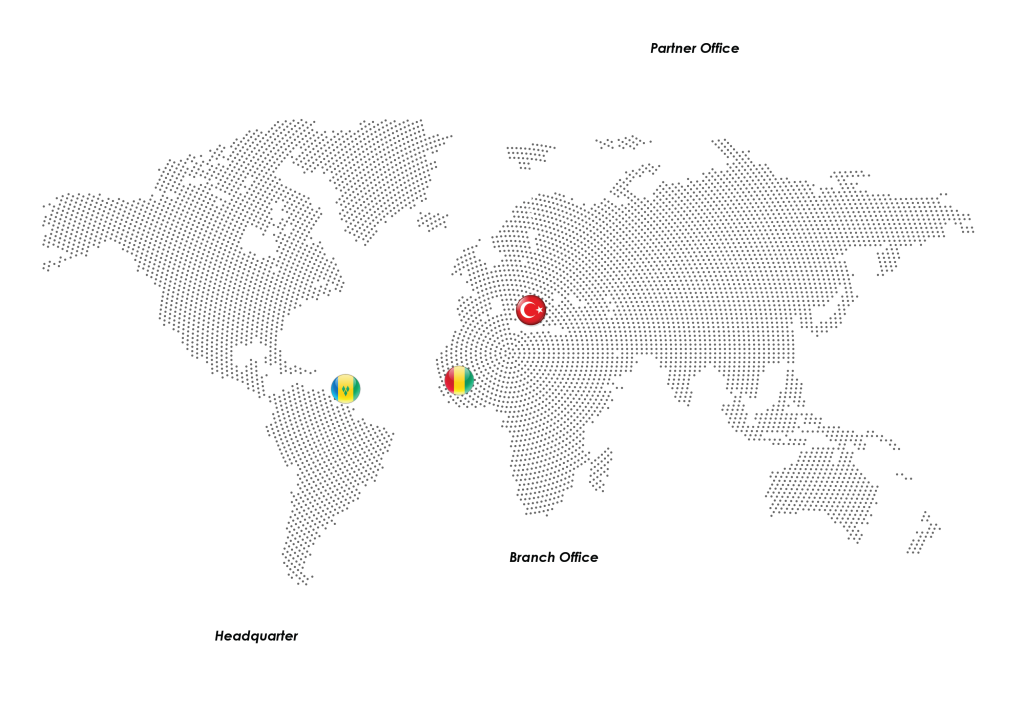Mastering Trading Psychology: Emotional Control, Discipline, and Cognitive Biases
In the fast-paced and unpredictable world of financial markets, mastering the art of trading goes beyond understanding charts and indicators. One of the critical factors that separate successful traders from the rest is the ability to master forex trading psychology.
The intricate interplay between emotions, discipline, and cognitive biases significantly impacts the outcome of trading decisions. In this article, we will delve into the importance of mastering trading psychology and explore practical strategies to enhance emotional control and discipline, while mitigating cognitive biases.
The Impact of Emotions on Trading Decisions
Trading psychology plays a massive role in forex trading. It’s like the invisible hand that moves markets, dictating how traders react to market fluctuations.
Forex trading, due to its vast daily trading volume and 24/7 schedule, can stir up intense emotions. Unconsciously, these emotions can often control your choices.
Mastering Your Mental State
The volatility of markets triggers a range of emotions, and how traders manage these emotions can make or break their success. Fear, greed, and uncertainty are particularly potent forces that can cloud judgment and lead to impulsive decision-making.
Your mental state significantly impacts your overall success as a trader. If fear or greed controls your actions, you may make impulsive trades instead of sticking with proven strategies.
A disciplined mind is crucial for consistent profits. Traders who let their emotional responses guide their decisions tend to fare worse than those who remain level-headed under pressure.
Fear
Fear is a natural response to potential losses, and it can paralyze even the most experienced traders. Fear of losing profits can lead to irrational actions, such as entering or exiting trades at inappropriate times. Overcoming fear requires self-awareness and the ability to differentiate between rational concerns and emotional reactions.
To combat fear, practicing mindfulness helps traders stay present and focused on the current market conditions. Regular self-reflection and awareness of emotional triggers can aid in separating logical analysis from emotional responses.
Greed
An emotion like greed can lead traders to take excessive risks in pursuit of higher returns. The desire for quick profits may override rational decision-making, resulting in impulsive trades that deviate from the trading plan. Recognizing the signs of greed and implementing strategies to curb its influence is crucial.
Establishing realistic profit targets and adhering to them helps mitigate the impact of greed. Traders should define their risk tolerance and set achievable goals, preventing the temptation to chase unrealistic gains.
Uncertainty
The inherent uncertainty of financial markets can breed anxiety. The fear of the unknown can lead to hesitation or overtrading as traders grapple with the unpredictability of market movements. Managing uncertainty involves embracing it as an integral part of trading and developing strategies to navigate through it.
Simple breathing exercises can be powerful tools for calming the mind and reducing anxiety. Deep, intentional breaths help traders regain composure during moments of uncertainty, allowing for more rational decision-making.
The Importance of Discipline in Forex Trading
Discipline is the backbone of successful trading in a variety of markets, including forex and commodities trading. It involves adhering to a well-thought-out trading plan, implementing risk management strategies, and sticking to predetermined entry and exit points. Lack of discipline often leads to impulsive actions, emotional decision-making, and inconsistent trading results.
Adherence to Trading Plans
A well-defined trading plan outlines entry and exit criteria, risk-reward ratios, and overall strategies. However, having a plan is only effective if it is consistently followed. Straying from the plan in the heat of the moment can lead to costly mistakes.
Regularly reviewing and adjusting the trading plan based on market conditions and personal performance is essential. This iterative process helps align the plan with evolving market dynamics while ensuring that it remains a guiding force.
Risk Management Strategies
Risk management is paramount in preserving capital and sustaining long-term success. Traders must determine their risk tolerance and set appropriate position sizes to protect against significant losses.
Implementing a sound position-sizing strategy and utilizing stop-loss orders are practical techniques to manage risk effectively. This approach ensures that losses are contained within predetermined limits and prevents emotional decision-making during adverse market conditions.
Cognitive Biases in Trading
Cognitive biases are inherent mental shortcuts that influence decision-making. In the context of trading, understanding and mitigating these biases are crucial for making objective and rational choices in a variety of trading situations, such as indices trading, CFD trading, or forex trading.
For example, confirmation bias occurs when traders seek information that validates their existing beliefs while ignoring conflicting data. This can lead to flawed analysis and poor decision-making. To counter confirmation bias, you should seek diverse sources of information and opinions. Traders should embrace opposing views and continuously reassess their assumptions to foster a more well-rounded perspective.
Another cognitive bias in forex trading psychology is loss aversion, which refers to the tendency to prefer avoiding losses over acquiring equivalent gains. Traders influenced by loss aversion may hold losing positions for too long, hoping for a turnaround, rather than cutting losses as per their plan.
Mastering Forex Trading Psychology
Mastering forex trading psychology isn’t about ignoring feelings but managing them effectively. It requires a combination of self-awareness, discipline, and a commitment to continuous improvement. Traders who can effectively manage their emotions, adhere to disciplined trading practices, and mitigate cognitive biases are better positioned for long-term success in the dynamic world of financial markets.
By incorporating practical forex trading psychology techniques such as mindfulness, self-awareness, breathing exercises, and automation, traders can navigate the complexities of trading with a clearer mindset and a more strategic approach. In the pursuit of mastering trading psychology, the goal is not to eliminate emotions or biases entirely but to develop the resilience and skills necessary to navigate the markets successfully.
If you’re looking to get into trading, work with an experienced online trading broker to see the best results. Or, to learn more about the skills and knowledge needed for trading, check out our forex trading e-book.






